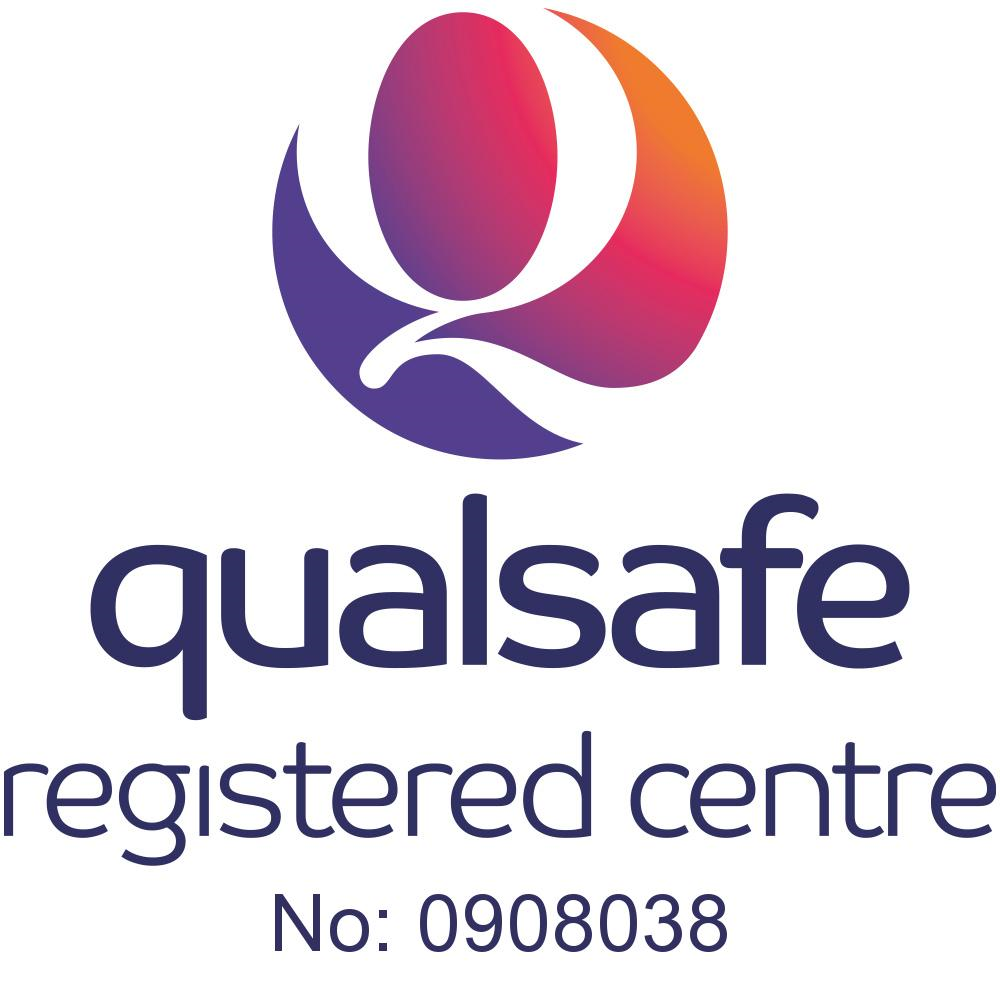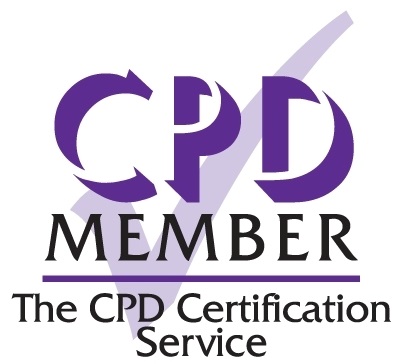Behaviour that Challenges
Learning Outcomes
- Describe the legal considerations surrounding challenging behaviours, focusing on rights and responsibilities.
- Differentiate between various types of violence and aggression, recognising physical and non-physical manifestations.
- Identify the theory of challenging behaviour, including its context, triggers, and underlying causes.
- Define Functional Analysis and explain its critical role in identifying and addressing challenging behaviours.
- Outline a variety of de-escalation techniques and know when and how to apply them effectively in practice.
- Explain the principles and values that form the foundation of Positive Behaviour Support, and how they guide positive interventions
Aim
This course aims to provide delegates with the knowledge and practical skills to understand the root causes of challenging behaviour and effectively reduce its occurrence. Learners will develop the ability to implement established strategies in real-world situations, ensuring they can manage challenging scenarios confidently, professionally, and with efficiency.
Why Customers would Benefit from the Behaviour that Challenges Training Course?
- Knowledge Empowerment: This course helps learners gain a deeper understanding of the complexities of substance dependency, improving their ability to respond effectively to individuals experiencing drug and alcohol misuse.
- Improved Support Skills: The course will equip customers with the skills needed to assess and intervene with substance users effectively, providing targeted support and promoting better outcomes in care settings.
- Regulatory Compliance: It ensures that learners are aware of and comply with relevant laws and regulations in drug and alcohol care, reducing legal risks for their organisation.
- Personalised Interventions: The training promotes evidence-based practices for substance misuse management, enabling learners to implement tailored interventions that are more likely to result in successful recovery.

Key Benefits for Customers:
Regulatory Compliance and Quality Assurance
This course ensures that care plans align with CQC, NICE, and CCA standards, helping care providers meet regulatory requirements and deliver high-quality, compliant services.
Improved Person-Centred Care
Learners will gain the skills to create care plans that respect individual needs, preferences, and dignity, leading to improved service user satisfaction and outcomes.
Efficiency and Effectiveness in Care Delivery
By using a SMART approach, this course helps learners create clear, actionable care plans that are realistic and measurable, improving the effectiveness of care delivery.
Crisis Management Skills
It teaches learners how to incorporate contingency planning into care plans, helping care providers respond effectively to unforeseen situations or crises.
Let’s Talk About Your Training Needs
Our friendly team is ready to help you build the right training solution for your care setting.
Behaviour that Challenges
Course
Behaviour that Challenges
Level
3
Practical
No
Duration
2-3 Hours
Certificate Length
2 Years
Number of Delegates
12
What Our Customers Say About Us

Registered Manager
Residential Care Home

Domiciliary Care Provider
Residential Care Home


